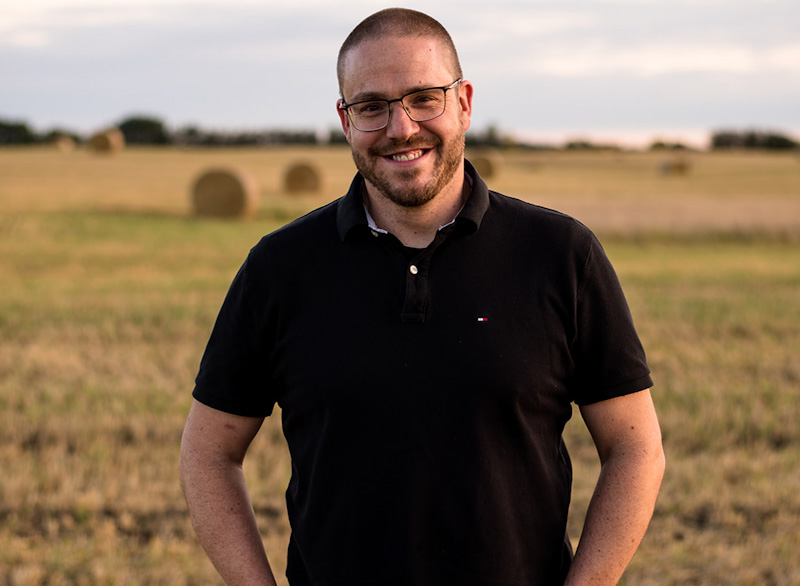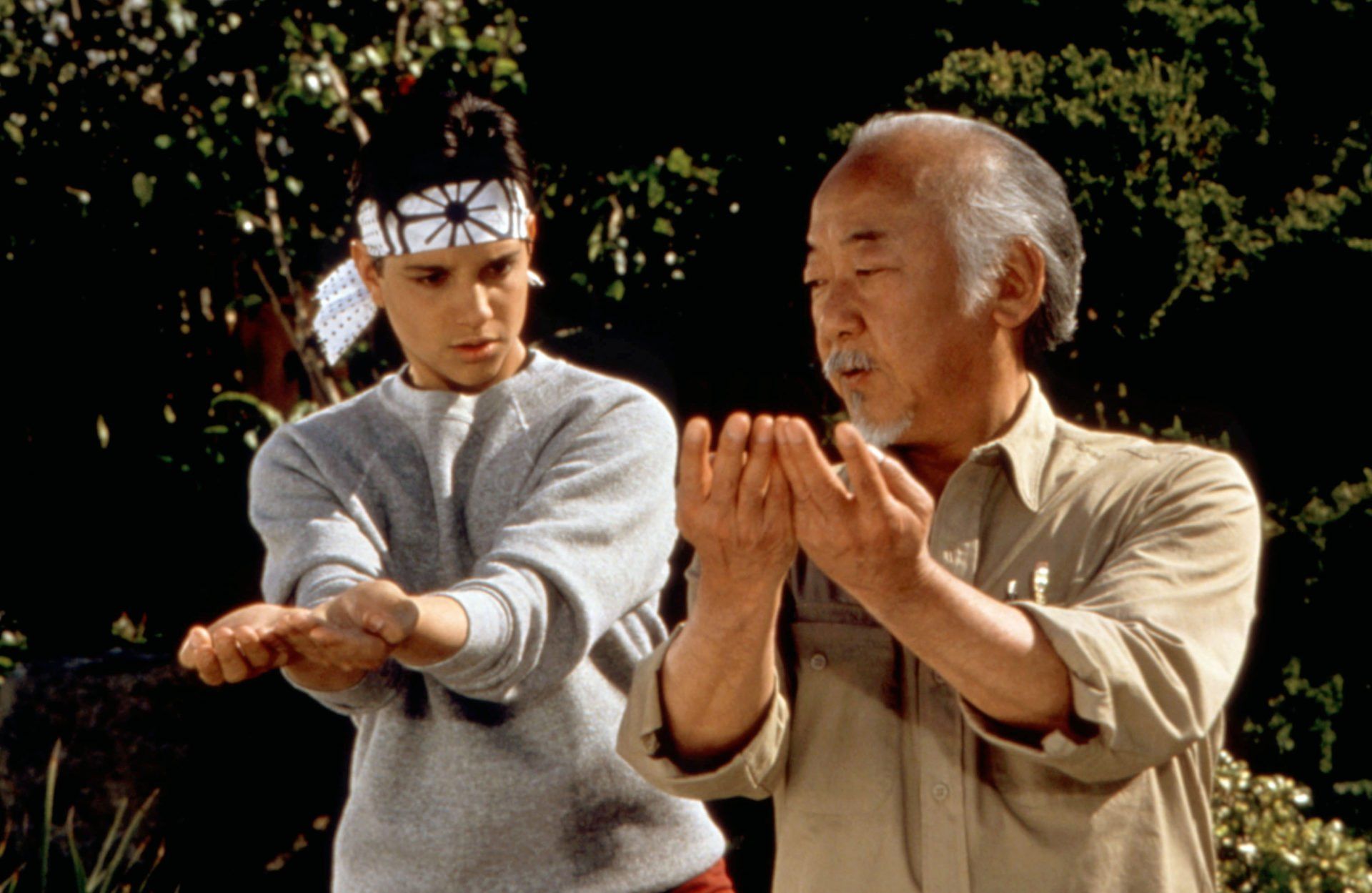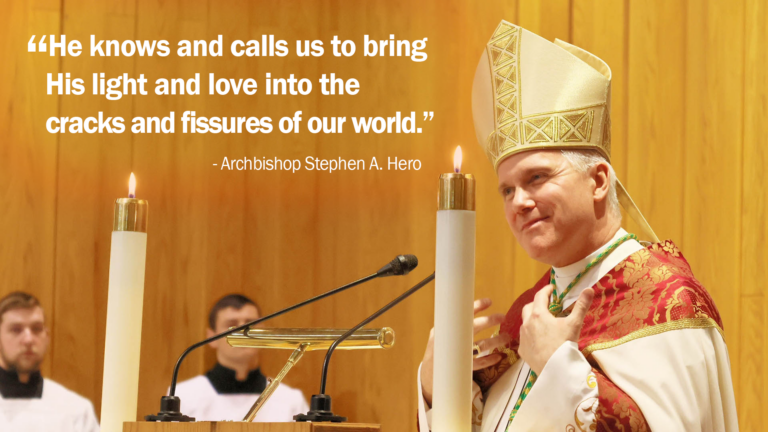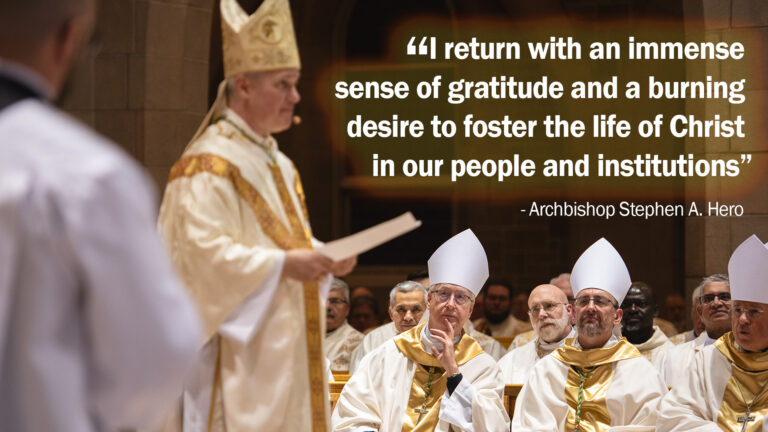In 1983, The Karate Kid was released, and audiences were treated to one of the most unique (and memorable) training montages in any movie. In this case, the young apprentice Daniel, was trained by a series of chores he was assigned around his teacher’s yard. These included sanding a deck, painting a fence, and waxing a car. After several days Daniel was fed up with the lack of actual karate training and confronted his teacher about this. It was at this moment the teacher pointed out “things are not always what they seem.” All these menial chores had prepared him for karate, building muscle memory that would help him compete in and eventually triumph in the climactic karate competition at the end of the movie.
 You could say that our experience of learning how to pray and worship is like what Daniel experienced in The Karate Kid. It may be that, like Daniel, we don’t know what’s going on.
You could say that our experience of learning how to pray and worship is like what Daniel experienced in The Karate Kid. It may be that, like Daniel, we don’t know what’s going on.
We could hear that “when we celebrate the liturgy, we are drawn into the love of God, healed, and transformed” and that “the sole purpose of all liturgies of the Church and her Sacraments is that we might have life and have it abundantly” (YouCat 169). But even knowing that, some still go to Mass and find it boring and repetitive. However, no one would ever comment that our breathing or heartbeat are boring, even though they are repetitive – and most of us don’t fully understanding how these functions of our human body keep us alive.
The same can be said about the Sacraments of Baptism, Confirmation, Eucharist, Reconciliation, Anointing of the Sick, Holy Orders, and Marriage. It is the celebration of these seven mysteries which breathe life into us, and act as the heartbeat of the Church and our life as Christians. You could also say that they are a divine appointment. In these moments we know that we can encounter Christ. The Eucharist is one of two places Jesus promised we could always find Him (the other place is the poor). In the Eucharist, “we run directly to His arms, and when we let Him get close to us. He teaches us, feeds us, transforms us, and becomes one with us” (YouCat 168).
When it comes down to it, the Sacraments are seven privileged moments where God continues to manifest his saving love through the action of the church; and they are also seven ways of responding to God\’s love with worship & thanks, because Sacraments are not meant to be celebrated as a spectator sport. They are meant to engage us, to unfold the mystery of the love of God, and to serve as a renewal of His pledge of love for us. But we know that love which is offered is only truly complete when it is returned. It is in our participation in the Sacraments and the Liturgy which allow us an avenue to sing, pray, worship, adore, listen, love… it is the moment when we can enter the story and encounter the God who is writing it.
In each Sacrament, we have a particular ritual or ceremony that we see and do, by which God’s invisible grace being poured into us. Sacraments aren’t magic, as God works with and in our hearts with the faith that we have. Therefore, it’s possible to be baptized and go to Church, but still be an evil person; but it’s also possible to do these same things and become a saint. It’s also important to note that God’s grace is not restricted to the 7 sacraments! Some other means of grace are Scripture, hearing the preached Word of God, prayer, etc. The Catechism tells us that “God has bound salvation to the sacrament of baptism but is himself not bound [i.e., restricted] by his sacraments” (CCC 1257).
And so, we can see what Daniel struggled to see during his training. The directives laid out for us by our master are not just empty rituals. In this life we do all sorts of actions with our heart in them: smiling at another, giving gifts, or holding hands with our beloved. Each of these represent something easily identifiable and understood. But Sacraments are so much more, because they not only mean something to us, they bring us God’s grace, and we do them by the Lord’s command:
“The people of Israel interrupted their work ‘seven times a day’ (Ps 119:164) to praise God. Jesus participated in the liturgy and prayer of his people; he taught his disciples to pray and gathered them in the Upper Room so as to celebrate with them the Liturgy of all liturgies: the gift of himself in the last super. The Church, which calls us to the liturgy, obeys his command, ‘do this in memory of me.’” -YouCat 166
-This is part of a series on the Youth Catechism. Mike Landry is Catholic Youth Camps director for the Archdiocese of Edmonton. He is also chaplain for Evergreen Catholic Schools, serving 10 schools west of Edmonton. Mike and his wife Jennifer live in Stony Plain with their five children.




